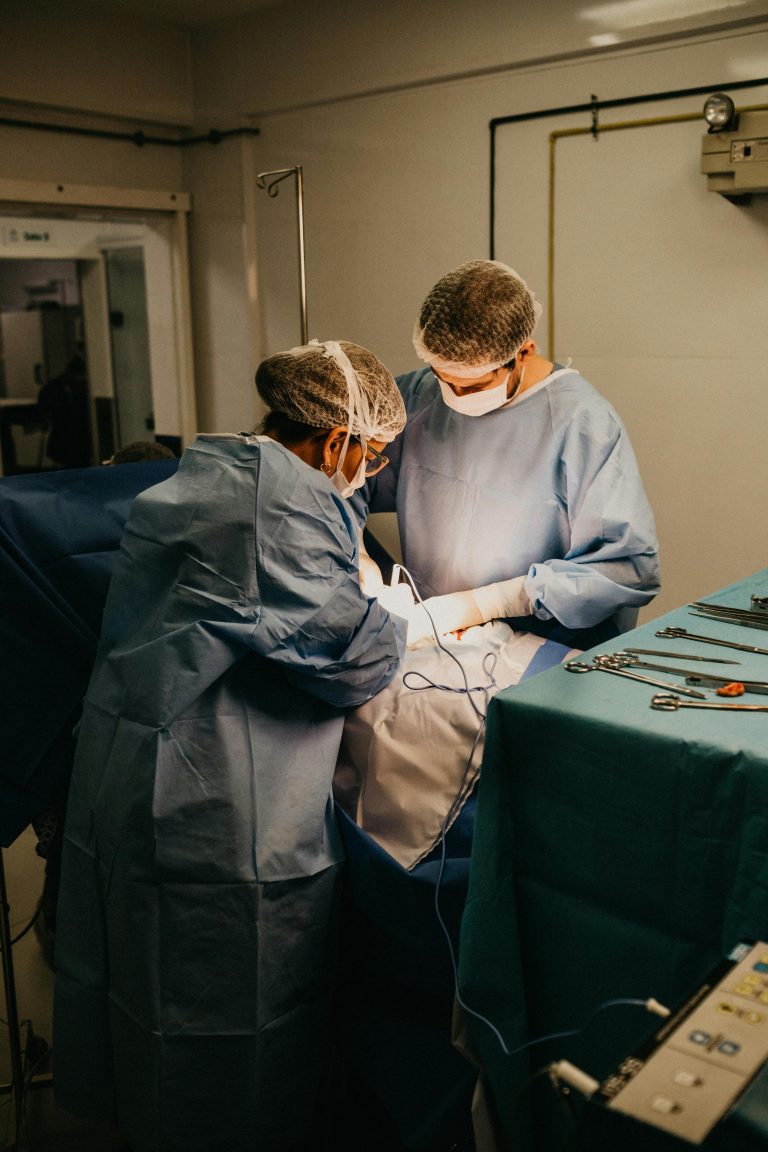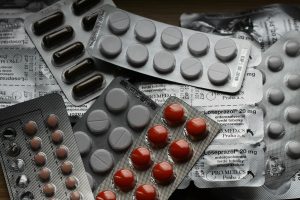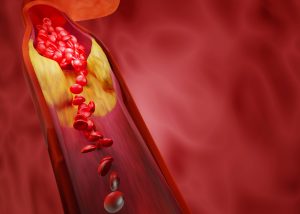Inflammation of the colon, also known as colitis, can result from various underlying conditions and can cause discomfort and disruption to daily life. Understanding the causes, recognizing the symptoms, and exploring treatment options are essential for managing inflamed colon and improving quality of life.
Causes of Inflamed Colon:
- Inflammatory Bowel Diseases (IBD): Conditions such as Crohn’s disease and ulcerative colitis are chronic inflammatory bowel diseases that can cause inflammation of the colon and other parts of the digestive tract.
- Infections: Bacterial, viral, or parasitic infections of the colon can lead to inflammation and symptoms such as diarrhea, abdominal pain, and fever.
- Autoimmune Reactions: Autoimmune conditions such as celiac disease or microscopic colitis can trigger immune-mediated inflammation of the colon in response to certain foods or environmental triggers.
Symptoms of Inflamed Colon:
- Abdominal Pain: Cramping or discomfort in the abdomen, often accompanied by bloating or gas.
- Diarrhea: Frequent, loose, or watery bowel movements may occur, sometimes containing blood or mucus.
- Rectal Bleeding: Blood in the stool or on toilet paper may be a sign of inflammation or injury to the colon lining.
- Fatigue: Chronic inflammation can lead to fatigue, weakness, and malaise, affecting overall energy levels and well-being.
Treatment Options for Inflamed Colon:
- Medications: Anti-inflammatory medications such as corticosteroids, immunomodulators, or biologic therapies may be prescribed to reduce inflammation and manage symptoms.
- Dietary Changes: Adopting a low-residue or low-FODMAP diet can help reduce irritation and inflammation of the colon, while avoiding trigger foods such as spicy or fatty foods, dairy products, and caffeine.
- Lifestyle Modifications: Stress management techniques, regular exercise, and adequate sleep can help support overall health and reduce inflammation.
- Surgery: In severe cases of inflammatory bowel disease or complications such as intestinal strictures or abscesses, surgical intervention may be necessary to remove affected portions of the colon or rectum.
Preventive Measures for Inflamed Colon:
- Maintain a balanced diet rich in fiber, fruits, vegetables, and lean proteins to support digestive health.
- Stay hydrated by drinking plenty of water and limiting intake of sugary or caffeinated beverages.
- Avoid smoking and limit alcohol consumption, as these can exacerbate inflammation and irritate the digestive tract.
At IGAKU, we understand the challenges of managing inflamed colon and strive to provide comprehensive care and support. Book a consultation today to receive personalized guidance on managing colitis and improving digestive health.
Ready to learn more about inflamed colon and treatment options? Book a consultation with IGAKU today. Our experts can provide personalized advice on understanding the causes and symptoms of colitis, exploring treatment options, and promoting digestive health for optimal well-being.
Read our other articles here.





